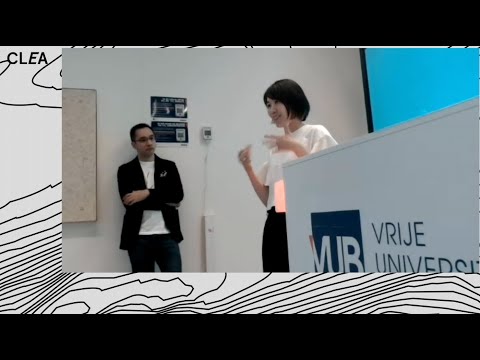Description:
Save Big on Coursera Plus. 7,000+ courses at $160 off. Limited Time Only!
Grab it
Join a thought-provoking seminar exploring the dynamic relationship between play, bracketing, and immersion in living and learning systems, presented by Associate Professor Yuko Ishihara and Director of Research Olaf Witkowski at CLEA, Free University of Brussels. Delve into how play involves suspending judgment about worldly rules to achieve complete immersion, drawing parallels with Husserl's concept of "epoché." Discover how playful exploration within structured boundaries enables systems to evolve and develop in novel directions, transcending traditional exploration-exploitation paradigms. Learn how examining play through immersion and bracketing perspectives bridges multiple research fields, including neurophenomenology, cognitive science, artificial intelligence, and artificial life. Benefit from the unique perspectives of two distinguished speakers: Ishihara, whose expertise spans modern Japanese philosophy and phenomenology, and Witkowski, whose background encompasses AI research, artificial life, and complex systems. Engage with comprehensive topics ranging from understanding artwork and Buddhist perspectives on bracketing to practical applications in internet interactions and game theory, all presented in this nearly two-hour academic discussion that connects philosophical concepts with real-world applications in technology and human experience.
Read more

Bracketing and Immersion - Understanding Play Through Phenomenological Perspectives
Add to list
#Humanities
#Philosophy
#Philosophy of Mind
#Phenomenology
#Computer Science
#Artificial Intelligence
#Social Sciences
#Psychology
#Cognitive Sciences